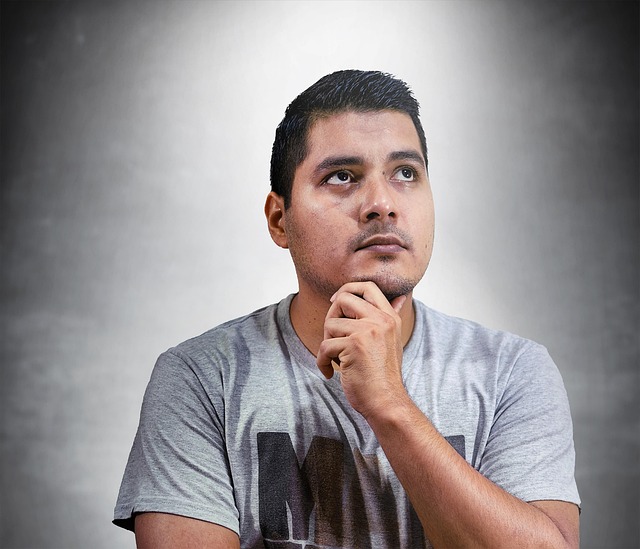Doubt is a complex and often uncomfortable state that pervades both science and modern philosophy. In our quest for understanding, it serves both as a catalyst for inquiry and a barrier to knowledge. Within the category of Szkepszis, or skepticism, we find that doubt is not merely a hindrance; it also enriches our exploration of truth and reality.
In science, doubt is integral to the scientific method. Every hypothesis posited must withstand the glare of scrutiny and skepticism. This rigorous challenge helps to eliminate biases and encourages repeatability, ensuring that what we accept as fact is backed by evidence. Without doubt, we would be susceptible to credulity and misinformation. Think of renowned figures like Galileo and Einstein, who faced enormous skepticism yet pushed forward their revolutionary ideas in the face of overwhelming doubt. Their journeys exemplify how doubt can lead to transformative insights, revealing truths that were previously obscured.
Modern philosophy echoes this sentiment, often interrogating the very foundations of knowledge. Philosophers such as Descartes famously employed doubt as a methodological tool, famously declaring, Cogito, ergo sum” (I think, therefore I am) as an undeniable truth after discarding all else that could be doubted. In this way, modern philosophy recognizes doubt not as an enemy but a vital part of the quest for deeper understanding. It invites individuals to reflect on their beliefs, challenging them to question the world around them actively.
Moreover, in the realm of existentialism, doubt takes on a profound significance. Thinkers like Kierkegaard and Nietzsche grappled with the uncertainties of human existence, illustrating how doubt can foster a rich inner life. Through embracing doubt, one can explore the nuances of freedom, responsibility, and existential angst, leading to personal growth and self-discovery.
As we delve deeper into the intersection of science and modern philosophy, we see that doubt fosters innovation and introspection. It pushes scientists to investigate further, continuously searching for more comprehensive explanations while encouraging philosophers to engage with the complexities of the human experience. This duality of doubt serves as a bridge, intertwining the empirical with the abstract, the observable with the introspective.
In contemplating our own uncertainties, we tap into a shared human experience. Whether a scientist pondering a new theory or a philosopher wrestling with existential questions, doubt invites us into a dialogue with ourselves and the universe. In the realm of Szkepszis, embracing doubt can lead to clarity, wisdom, and a richer understanding of both the scientific and philosophical landscapes we navigate.




